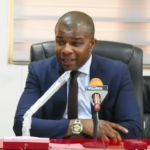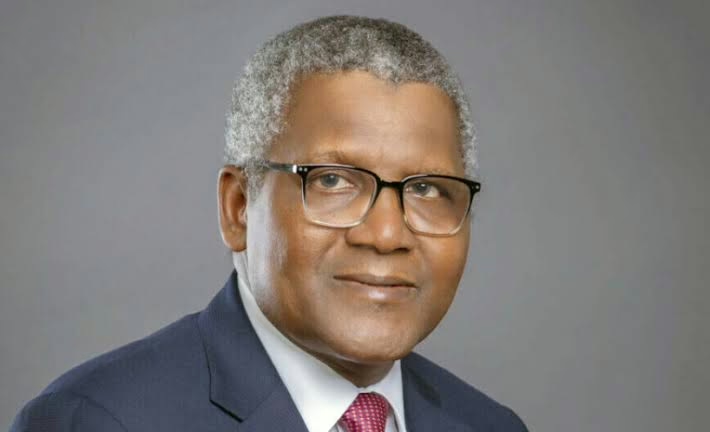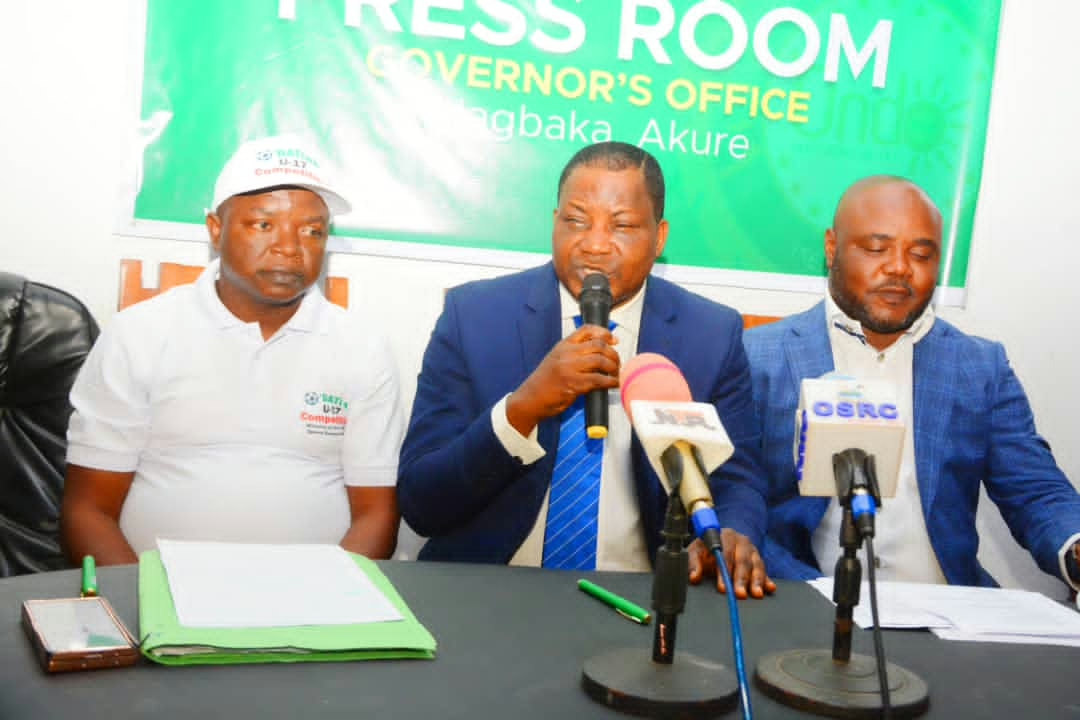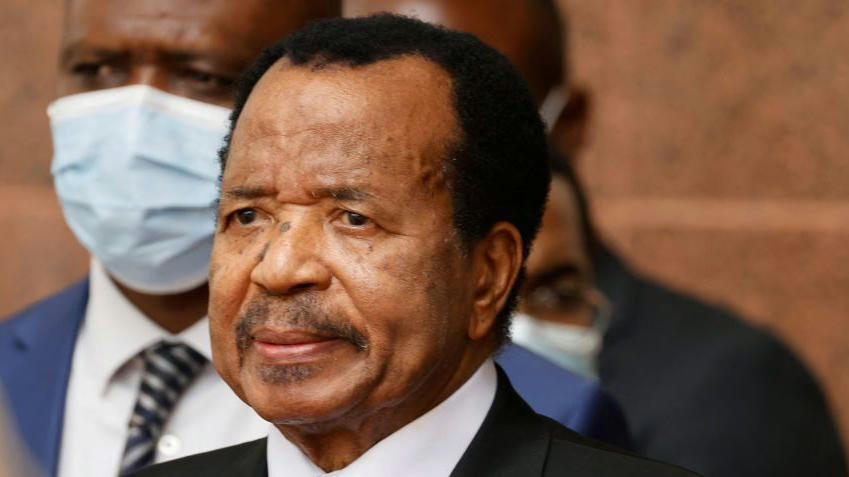The Nigerian Senate has commenced a comprehensive investigation into the proliferation of Ponzi schemes across the country.
The investigation was triggered by the collapse of the digital investment platform, Crypto Bridge Exchange (CBEX), which reportedly defrauded Nigerians of over ₦1.3 trillion.
Described as one of the worst financial scams in Nigeria’s history, the CBEX collapse prompted lawmakers to declare a national emergency, citing weak regulation and poor financial oversight as major contributors to the growing crisis.
The motion to investigate was sponsored by Senators Tokunbo Abiru (Lagos East) and Osita Izunaso (Imo West), and received unanimous support from lawmakers across political lines, all of whom decried the regulatory gaps that allowed the scheme to operate unchecked.
While presenting the motion, Senator Abiru said CBEX took advantage of lapses by key financial institutions, including the Central Bank of Nigeria (CBN), Securities and Exchange Commission (SEC), the Nigerian Financial Intelligence Unit (NFIU), and the Economic and Financial Crimes Commission (EFCC).
“CBEX alone swindled Nigerians out of over ₦1.3 trillion,” Abiru said. “This isn’t a one-off incident—it continues a disturbing pattern, from MMM in 2016 to MBA Forex in 2020. Nigerians are being preyed on repeatedly, and it’s leading to severe emotional and financial trauma.”
He warned that the consequences extend far beyond financial losses, pointing to increased cases of depression, suicide, and eroding public confidence in Nigeria’s financial system.
Supporting the motion, Senator Tahir Monguno (Borno North) described the situation as deeply troubling and called for stronger legal frameworks to hold perpetrators accountable.
“We’ve tolerated this for too long. Offenders must be made to face justice,” he insisted.
Senator Sadiq Umar (Kwara North) added that the institutions tasked with safeguarding the public had failed. “People trust regulators to act, not remain passive while scams flourish,” he said.
In a broader perspective, Senator Solomon Adeola (Ogun West) raised concerns about the growing number of unlicensed financial technology (fintech) operators exploiting digital tools to bypass regulation.
“We now have tech-driven scams hiding under the guise of innovation. The CBN must explain what controls are in place and how many of these platforms are properly vetted,” he demanded.
Senator Abdul Ningi (Bauchi Central) called on the National Assembly to use its constitutional powers under Sections 14 and 88 of the 1999 Constitution to enforce accountability and restore order in the financial space.
Sharing a personal experience, Senate President Godswill Akpabio revealed that he once lost money to a Ponzi scheme in Port Harcourt back in the 1990s.
He warned that similar schemes are returning in more sophisticated forms, with even more devastating outcomes.
“This is a national emergency,” Akpabio declared. “₦1.3 trillion vanished—families destroyed, lives lost. We cannot ignore this. We must act—decisively and immediately.”
He endorsed the call for a public hearing and a nationwide campaign to improve financial literacy, warning that continued inaction would only worsen public despair and economic instability.
In its resolution, the Senate mandated a joint investigation by multiple committees—Capital Market; Banking, Insurance and Other Financial Institutions; Anti-Corruption and Financial Crimes; and ICT and Cybersecurity.
The lead committee will conduct public hearings and is expected to present its findings within four weeks.
The probe is not limited to CBEX but will cover the broader digital finance ecosystem in a bid to uncover structural weaknesses and recommend legal and regulatory reforms.











Leave a Reply